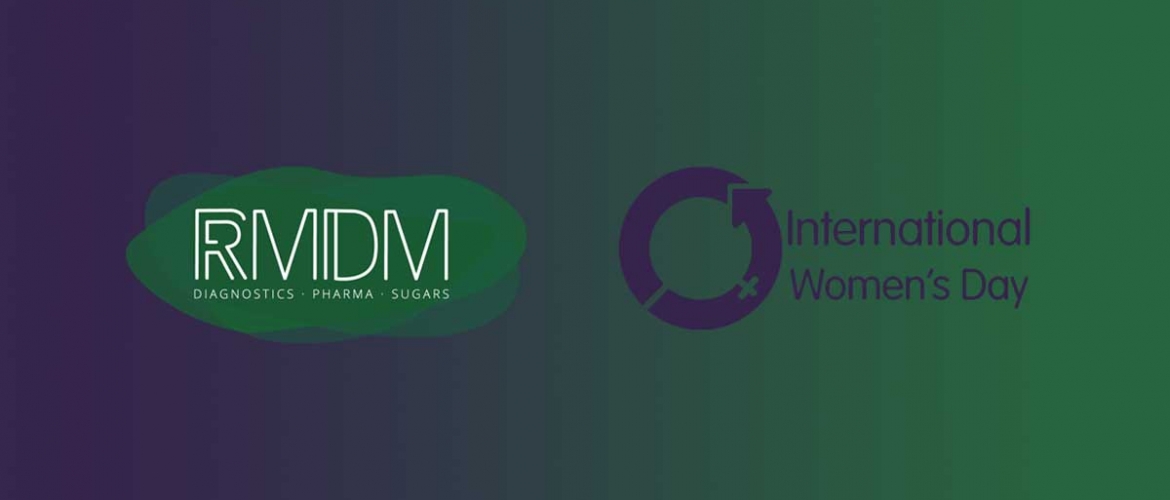Mar 5, 2021 | News
Spreading Cancer Awareness on International Women’s Day

March 8th is International Women’s Day – celebrating the social, economic, cultural, and political achievements of women. The creators of International Women’s Day have six key missions, one of which is to help women make informed decisions about their health. At RMDM, we are dedicated to the fight against cancer. On this day, we want to help raise awareness of women’s cancers and highlight the importance of recognizing early signs of cancer so those affected can seek treatment quickly and improve their chances of a positive outcome.
Breast Cancer
Breast cancer is the most common cancer in the UK and while it can affect men, 99% of cases are diagnosed in women. Statistics from Cancer Research UK show that around 23% of breast cancer cases are actually preventable. One in seven women are diagnosed with breast cancer in their lifetime, but choices are available that can reduce your level of risk. The charity Breast Cancer UK has some great information about the steps you can take to lower your risk of breast cancer.
Unfortunately, routine screening for breast cancer isn’t offered until the age of 50, and so until different early detection options are widely available, it’s important that women of all ages are aware of the signs of breast cancer. These include an unusual lump or swelling in the breast, chest or armpit, changes in skin texture, changes in the shape, size or colour of the breast and abnormalities affecting the nipple. It’s also crucial that women know how to check their breasts and commit to doing so regularly as doing so can help to discover breast cancer early. Write it on the calendar, set an alarm on your phone, whatever you need to remind you to check your breasts on a monthly basis!
Gynaecological Cancers
In the UK, around 58 women every day are diagnosed with one of the five types of gynaecological cancer – womb, ovarian, cervical, vulval and vaginal. Heartbreakingly, 21 of these 58 will die as a result of the disease. That is a devastating number of loved ones taken too soon. Late diagnosis is a common factor among many deaths from gynaecological cancers, partly because many women feel uncomfortable talking about their symptoms. Charities like The Eve Appeal are empowering women with knowledge to normalize these important conversations and help them find the healthcare they need without anxiety or embarrassment.
It’s also crucial for women to be aware of the symptoms of gynaecological cancers, realise when something isn’t normal, and feel confident to approach their doctor for help. You can find more information about the symptoms relating to each gynaecological cancer on The Eve Appeal’s informative website.
The most common cancers seen in women are either preventable or can be fully treated if detected and diagnosed soon enough. While some screening programs are in place, it’s our hope that the NHS chooses to invest further in new technologies that make early detection not only possible, but the standard for diagnosing cancer.
PanTum Detect is the first line of defence against cancer, enabling it to be diagnosed at the earliest and most treatable stage. Our innovative PanTum Detect blood test is also available at the Centre for Health and Human Performance, 76 Harley Street, Marylebone, London W1G 7HH. Learn more about PanTum Detect here.